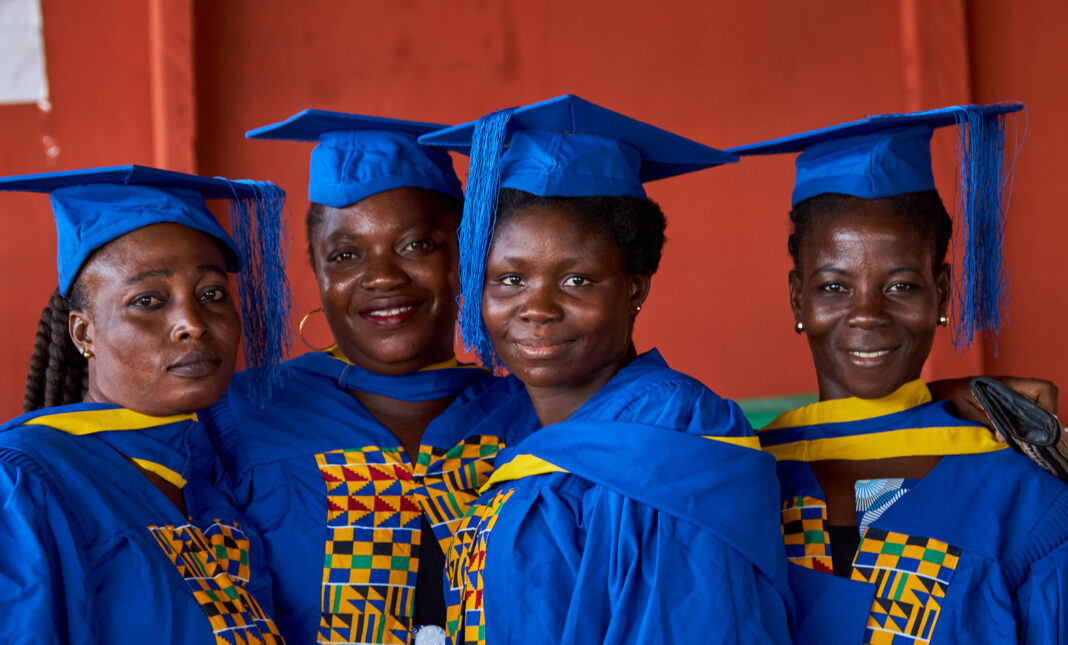Photo Credit: Kwame Ayensu
Editor’s Note:
We recently celebrated International Women’s Day (March 9th), a day to reflect upon how far we have come and what we have left to do to ensure gender equality here at home and around the globe. In recognition of women empowering other women right where they are, I’d like to introduce my friend, Christy Farhar.
About 14 years ago, Christy saw a need to help low-income families in Ghana, West Africa. She decided to join alongside women of a very different culture to empower and equip them to make lasting changes in their families.
The work she is doing in Ghana is literally saving the lives of children and working within the Ghanaian culture to provide vocational training opportunities to women.
What strikes me the most is her work elicits opportunities for mothers at the most primal level {safety, food, and education} and builds upon skills and trades that will impact their families for generations to come. If you would like to learn more about the work in Ghana, go to micah68project.com
By Catherine Martinez
Christy Farhar is a wife and mom of seven children and two bonus children, but she also considers over 400 kids in Ghana to be part of her family. It all started in 2010 with a phone call.
“I had somebody call me that I didn’t know, and she was like, ‘Hey, I got your name from a mutual friend of ours. And she said that you might want to go to Africa with me,’” Christy recalled. “And I said, ‘Well, yeah, I’d love to go to Africa with you.’”
Her husband didn’t understand why she agreed to go to Africa with a stranger, but this story started years before she ever picked up the phone. Since she was a young girl, Christy felt the call to go to Africa. She knew this was her opportunity.
Learning About Child Slavery in Ghana
Christy spent 12 days in Ghana, where her eyes were opened to the tragedy of child slavery. Children are trafficked from the coast to a fishing town on Volta Lake. Traffickers promise low-income parents that they will give their kids’ education, food, and a good life. But it’s not true. Instead, kids as young as three years old work up to 16 hours a day on boats, picking small fish out of nets, while the older children do the fishing.
“Kids have to dive under the boat to untangle the nets because Volta Lake is the largest manmade lake in the world, so there are tree stumps and different things,” Christy said. “Every kid that I have ever talked to about slavery has a story of somebody they know that didn’t come back up.”
Children endure beatings for not working fast enough, sleep on the ground outside, and only eat one small meal a day.
“I came home and thought, now that I’ve seen this, I’m responsible for doing something about it,” Christy said.
THE BIRTH & GROWTH OF THE

After a thorough year of research from her home in Indiana, Christy spent the next year fundraising. It wasn’t long before the Micah 6:8 Project was founded with a mission to rescue children from slavery in Ghana. Today, the organization runs a vocational training center, primary school, middle school, and a medical clinic while also beginning a project to provide clean water wells.
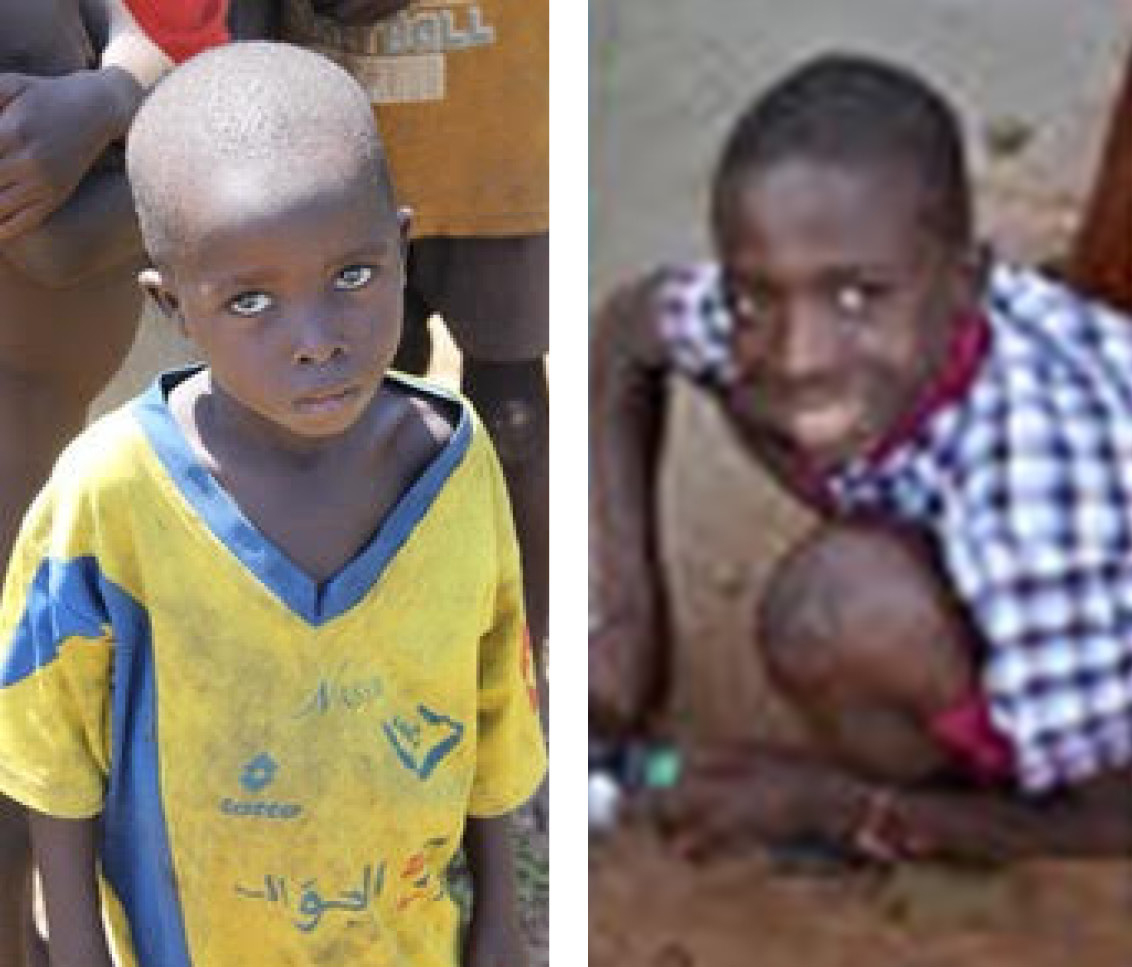
“Our thought was that if we build this school and make it free, then many more kids aren’t going to be fishing on the lake,” Christy said, referring to the education programs offered by the Micah 6:8 Project. Our school now has 403 kids in it who would otherwise be working on the Volta Lake.”
The first child the project rescued was a young child named Gideon—a story that Christy remembers well.
“His eyes just told a story. He was hungry, he was dirty, and he was tired,” Christy said. “I asked another boy who was standing there who spoke English, ‘What is going on with Gideon?’ And he said, ‘It’s his week to fast.’ I came to find out that the boy was his brother and that each one of the kids had to take a week not to eat so that the other kids [in the family] could eat.”
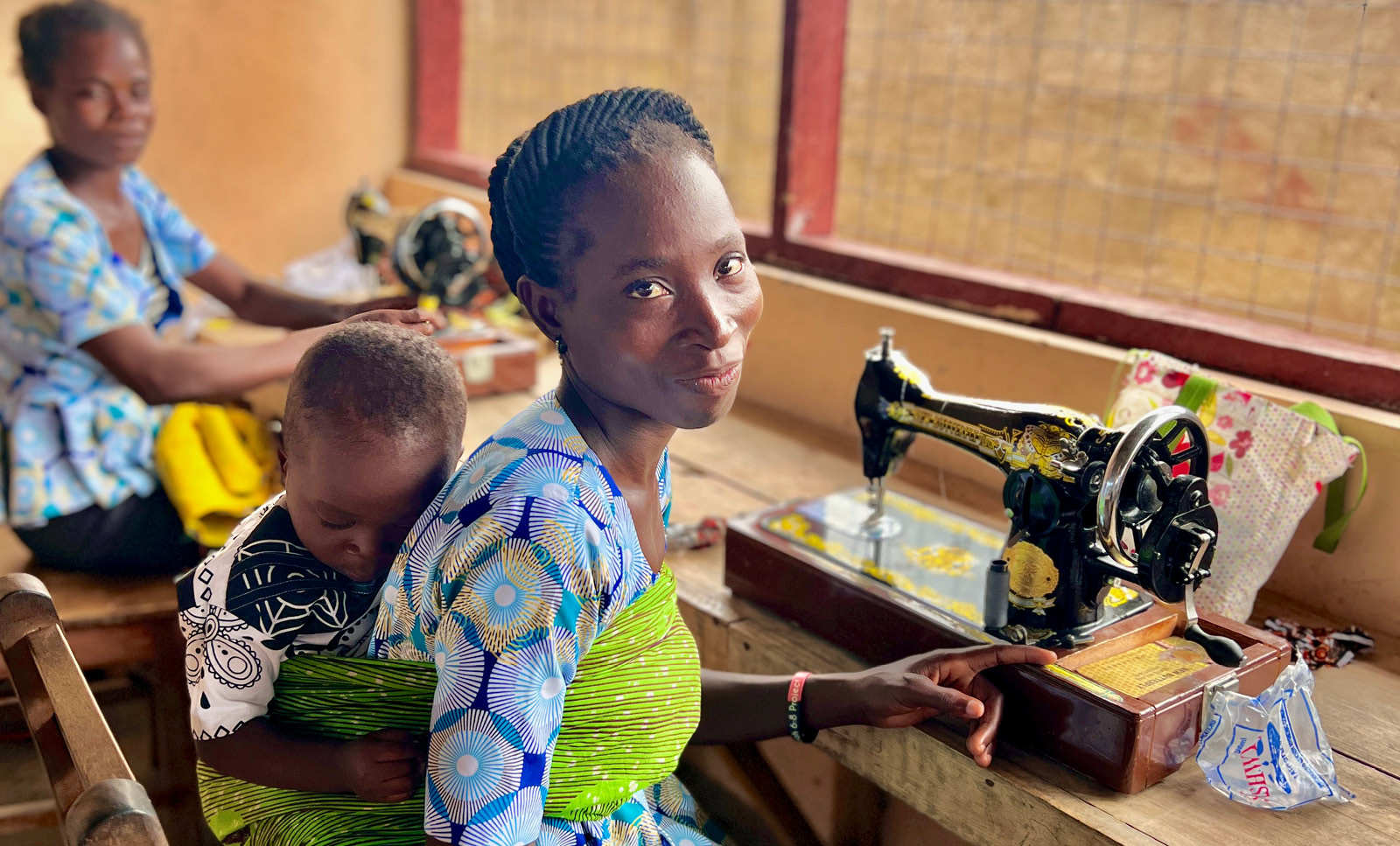
Christy found his parents and talked to them about enrolling Gideon in school. Today, Gideon is 16 and thriving because of his education and nutritious daily meals at school. But Christy felt it was not enough to get the children off the lake, the entire family needed support to bring lasting transformation.
“We started the vocational training centers because we wanted to holistically look at this problem and touch every part of the family,” Christy said. “We did that by starting with vocational training centers to teach women a trade or skill; that way, they can make their own money for their family and don’t have to worry about feeding their kids or selling one of their kids into slavery, or their kids dying of malnourishment.”
Helping Others Make an Impact
Each March, Christy takes a group of medical professionals and laypeople on a short-term mission trip to Ghana. The medical team sees over 500 patients, and the rest of the team works in the school. Additionally, Christy goes to Ghana several times a year, but the staff who run the day-to-day operations of the Micah 6:8 project are people hired from the local community. The ministry also offers the opportunity to sponsor a child or vocational school student for $35 a month, giving people in the U.S. the opportunity to be involved and make an impact.
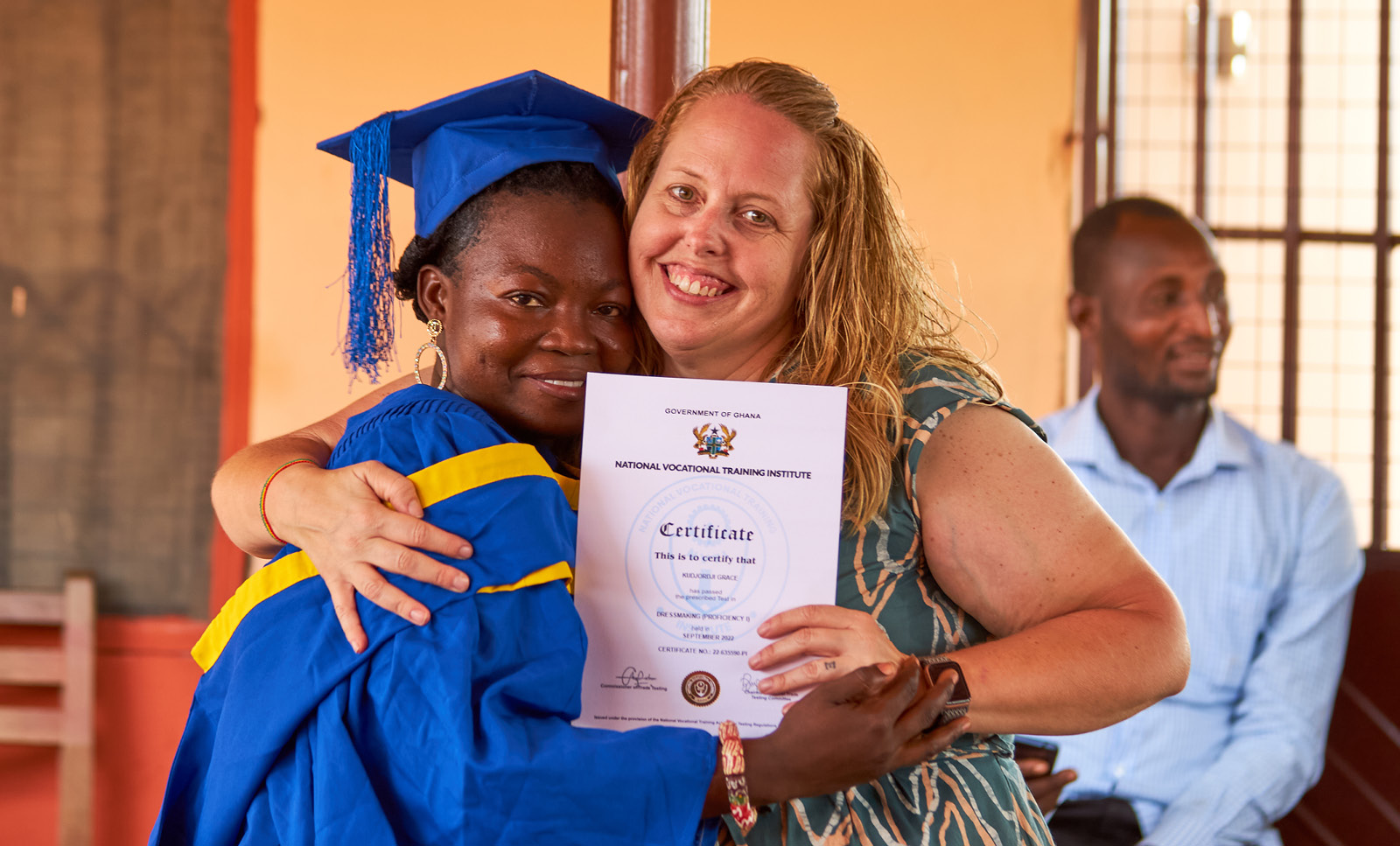
She has advice for other women who are searching for their calling in life.
“First of all, God’s purpose for you is to love him and others,” Christy said. “I have a heart for justice, so I know that’s what the Lord has equipped me to do. When you find that one thing that makes you excited to talk about, think about or research, that’s it—that’s what God has given you to do, and you do it.”
That’s exactly what Christy did—she took her passion and conviction and paired it with a vision to bring hope to children in need. Now, she’s taking other people along the journey of making a difference in the world.
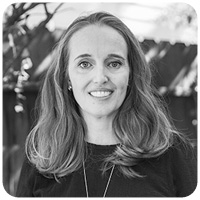
ABOUT THE AUTHOR
Catherine is a full-time copywriter for a nonprofit organization and a freelance writer. She spends her days writing, chasing toddlers and learning how to master her money. Catherine lives in Houston, Texas, with her husband and their two young children.

